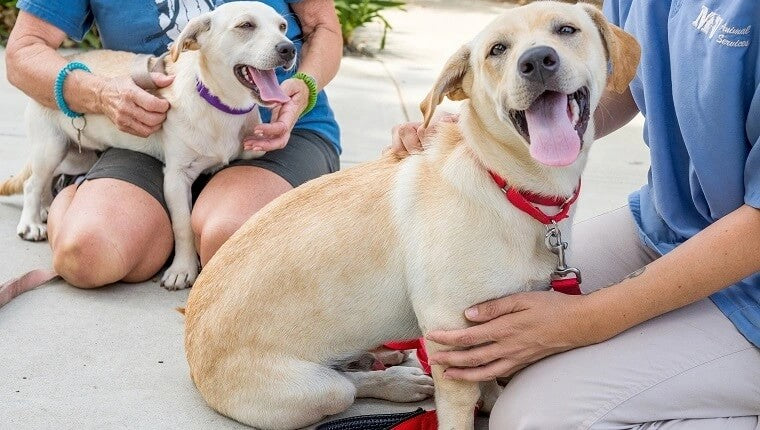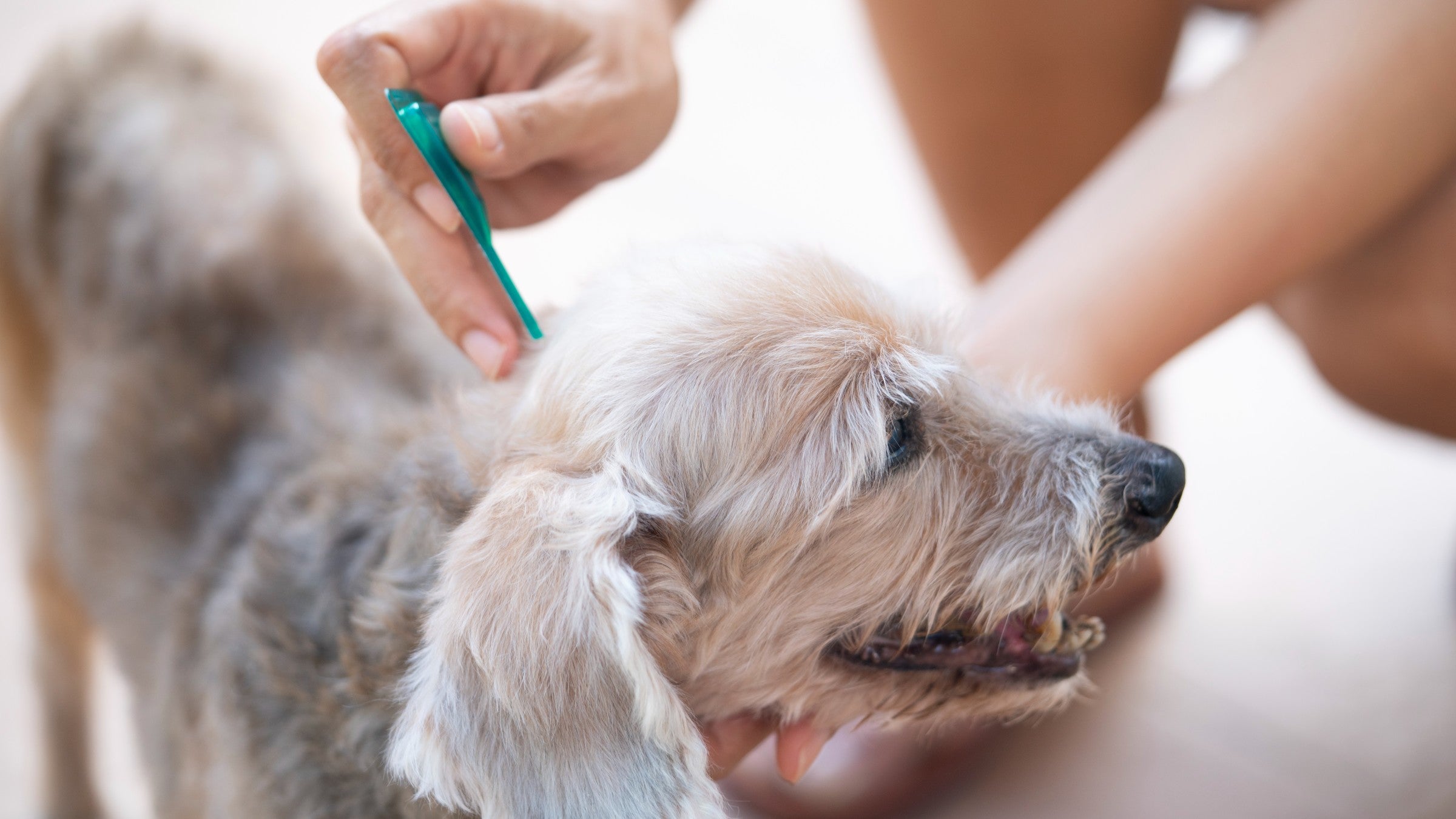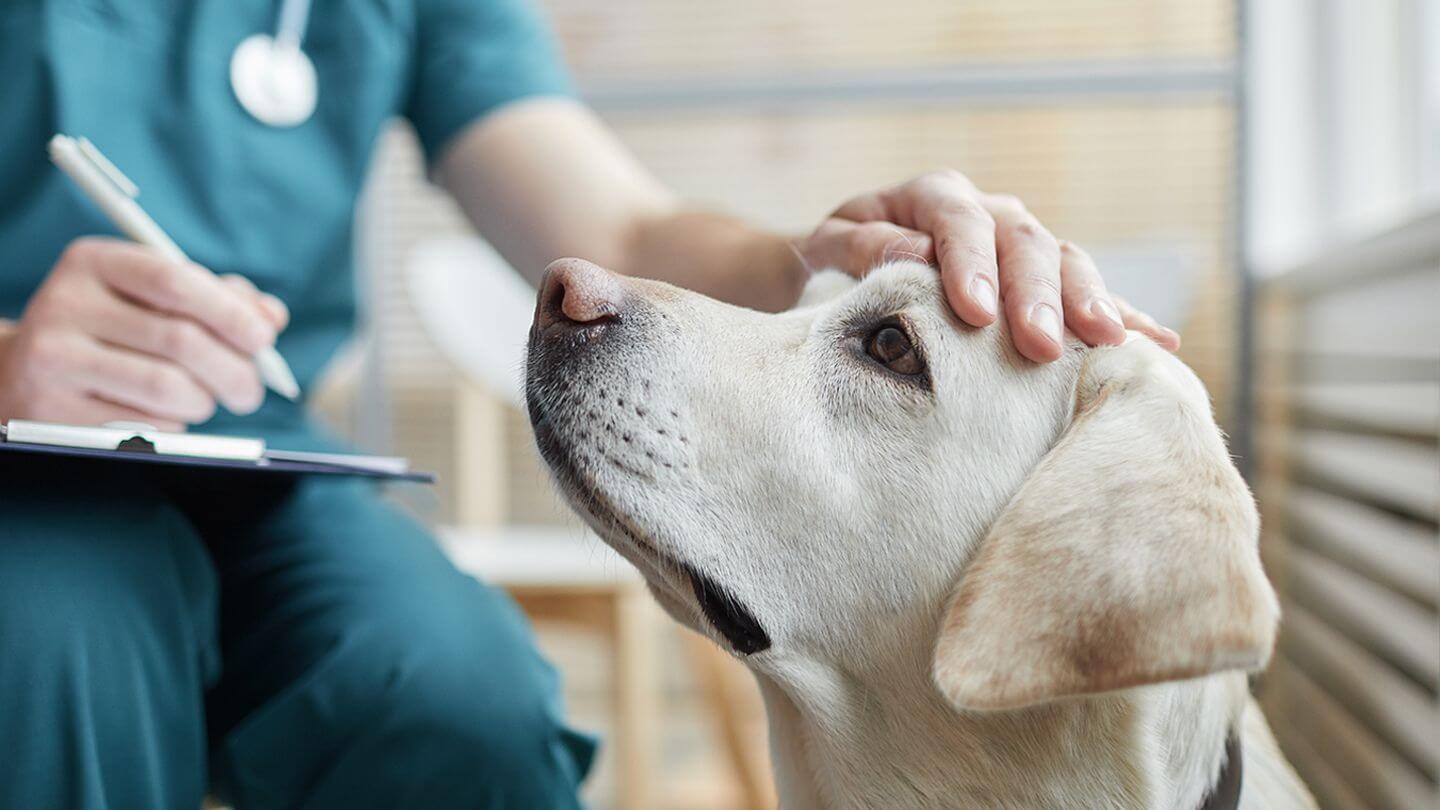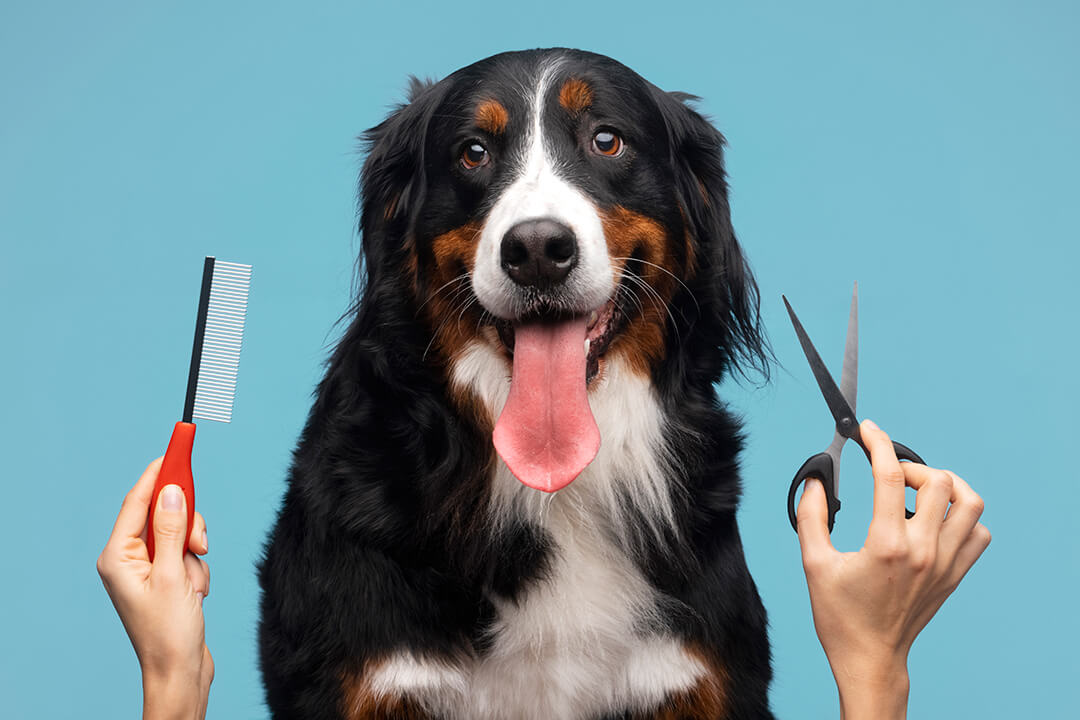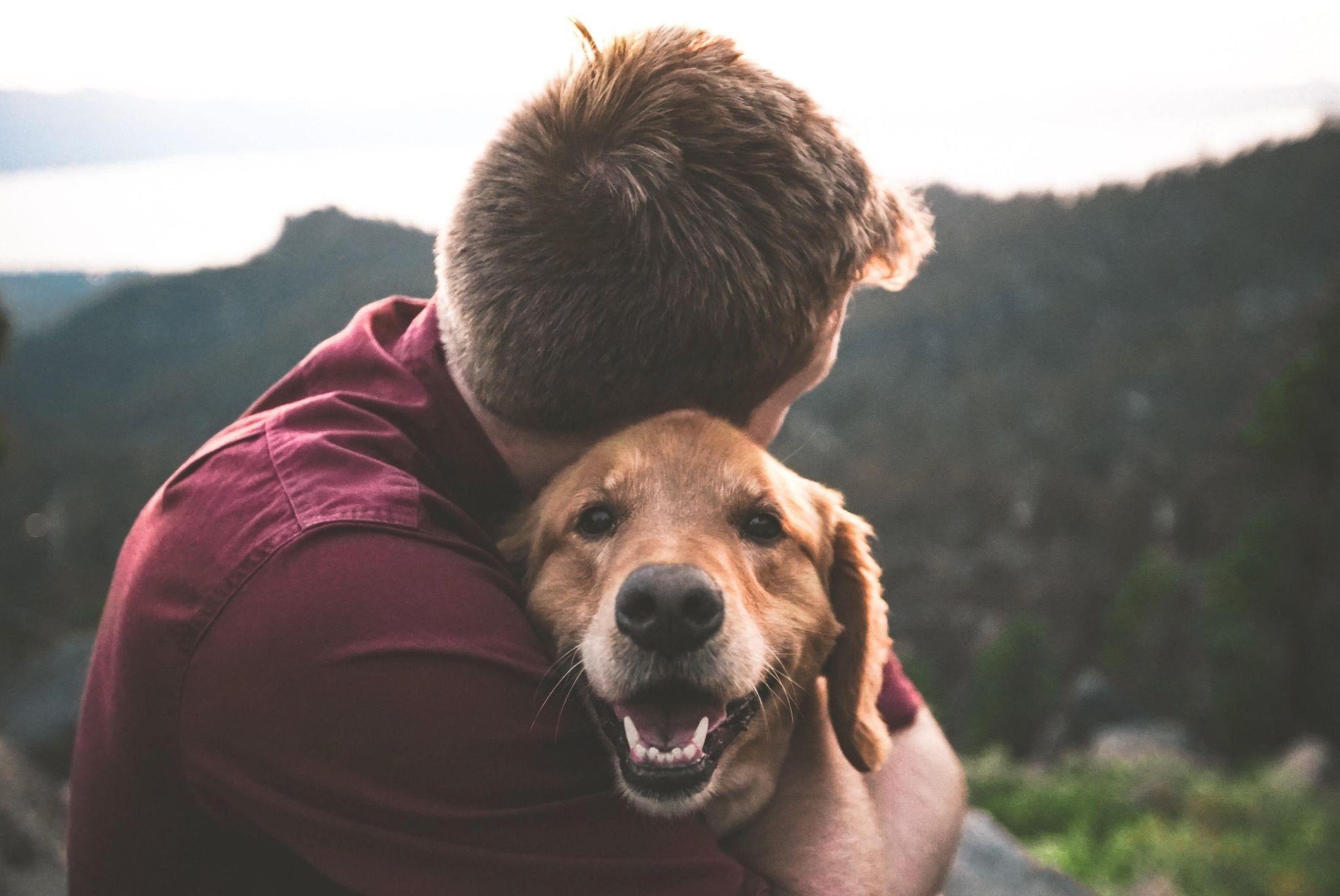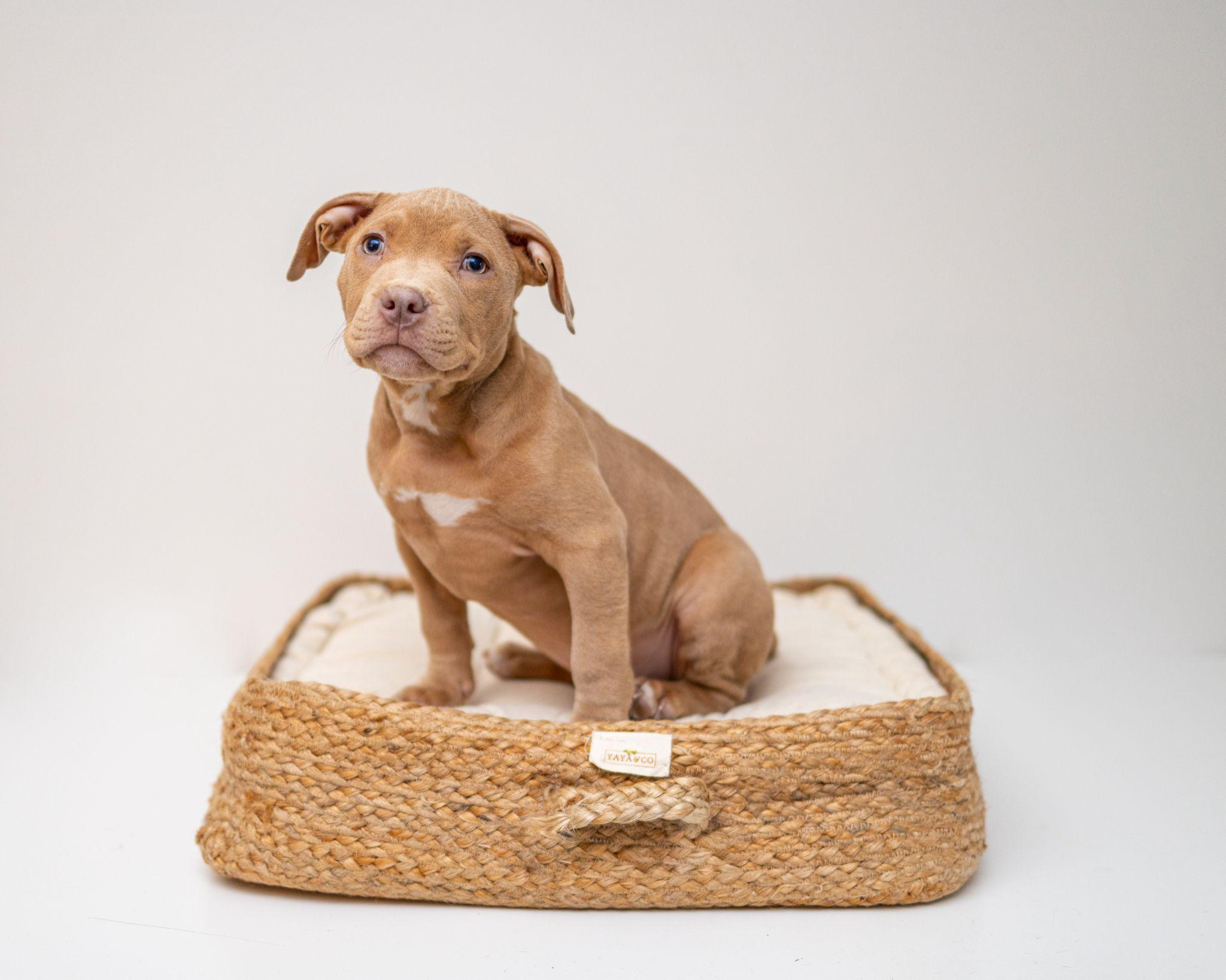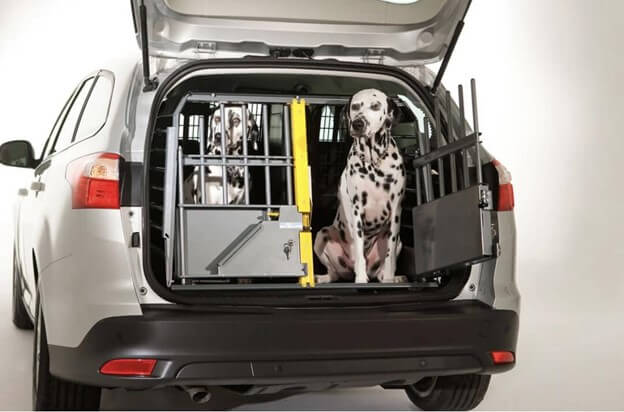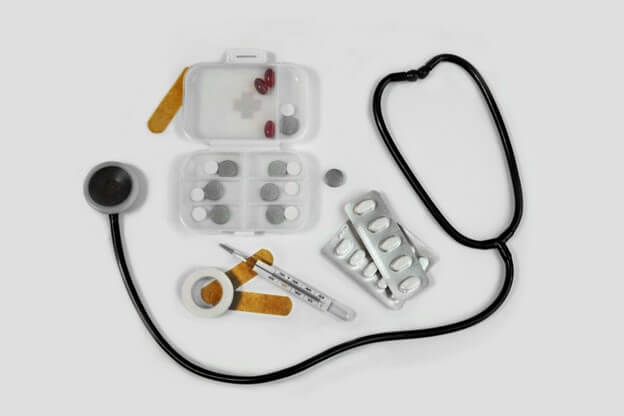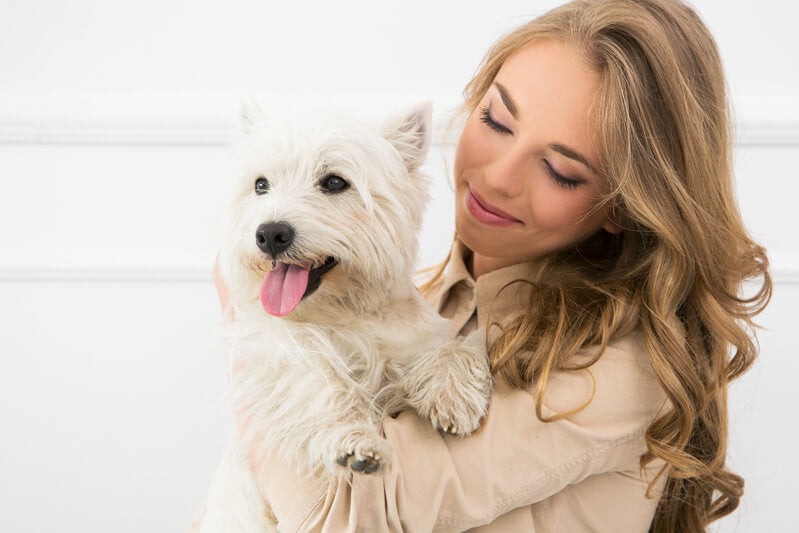
Dog Obesity - The Importance of Managing Your Dog's Weight
According to the Association For Pet Obesity Prevention (APOP) in its eighth annual survey of the girth of American pets, released in March 2015, the organization found that 53 percent of the nation’s dogs are overweight. That is a very hight percentage and something that each pet owner should take seriously, but know that you are not alone.

With approximately 53% of all dogs living in the US are overweight, you are not alone in treating a dog for obesity. If your dog is overweight, you can easily help your dog lose weight so that they can live a long and healthy life. This article is here to help you understand, diagnose, and treat your dog’s obesity to help them to live a longer healthier life.
What is the definition of dog obesity?
There are several online guides for dog obesity that you can use to judge to see if your dog is obese. A dog is generally considered to be obese when their weigh is 20% or more over their ideal body weight.

Health Risks of Dog Obesity
If your dog becomes obese, there are many diseases and conditions that can come along with those extra pounds, your dog is at an increased risk for:
- Type 2 diabetes
- Osteoarthritis, especially in the hip
- High blood pressure
- Orthopedic problems, cranial cruciate ligament injuries
- Skin disease
- Heart and Respiratory Disease
- Decreased life expectancy (up to 2.5 years)
- Hypertension
- Osteoarthritis
Being overweight not only causes these diseases but puts extra strain on your dog’s joints. They can cause your dog to develop arthritis and have life long pain and discomfort.
Determining if your dog is overweight
Obesity is usually very easy to diagnose, figuring out whether your dog is overweight or obese is a matter of both appearance and touch. As a good rule of thumb, you should be able to feel your dog’s ribs when you press her sides, if you are unable to feel your dog’s ribs your dog may be overweight. Several dog-food manufacturers have canine body-condition charts that can help you determine if your dog needs to drop a few pounds. Here’s an example:

If you are having a hard time, figure out if your dog is overweight or not, you can visit your vet. They can help determine if your dog is overweight and work with you on developing a plan on things to do to help your dog lose weight.
What to do if your dog needs to lose weight
If your dog is overweight, there are several things that you can do to help them lose weight. Here are a few of the top things you can do now to help you dog begin to lose that extra weight:
- Get Moving: This may be the best thing for your dog’s health. Getting plenty of exercise will help the dog stay in shape and keep off that extra weight. If your dog needs to lose some weight, a longer walk around the block or a few extra minutes of running and playing outside will help them lose weight. If you are short on time, consider a doggie treadmill to make sure your furry friend gets the exercise he needs.
- Portion Control: The proper diet and portion control are crucial to combatting or preventing dog obesity. If you decrease the amount of food you are feeding your dog by about 25% will help them lose weight. Use a measuring cup when feeding your dog and keep track of how much food they get each day
- Limit Treats and Snacks: Snacking can add a lot of calories to your dog’s diet in addition to their regular kibble. These can include anything from training treats to a biscuit slipped over the fence by a friendly neighbor. Those calories add up. Find out where the extras are coming from and try to reduce these wherever possible.
- Choose a Weight Loss Kibble: There are several low-calorie dog food options available specifically for dogs who are overweight. These dog food options are lower in calories and higher in fiber than many normal diets. This helps your dog feel full without the added calories.
- See your Vet: If the above items are not working you may want to visit your veterinarian. Your vet can run bloodwork to test your dog to see if they are overweight. Many of these diseases can easily be treated with daily medication.
For many breeds, dog obesity can be a lifelong battle that can also cause that if left untreated can lead to a shortened lifespan. There are many different signs and thing to watch for that would help you determine if your dog is overweight, each dog is unique, but we hope this article has given you a good start in identifying if your dog is overweight.
If you are not sure or feel your dog may be overweight, please make an appointment with your local vet; they can easily help you decide if your dog is overweight and help you develop a breed-specific treatment plan so that your dog can easily lose weight if needed
- Jan 01, 2021
- in Pet Blog










